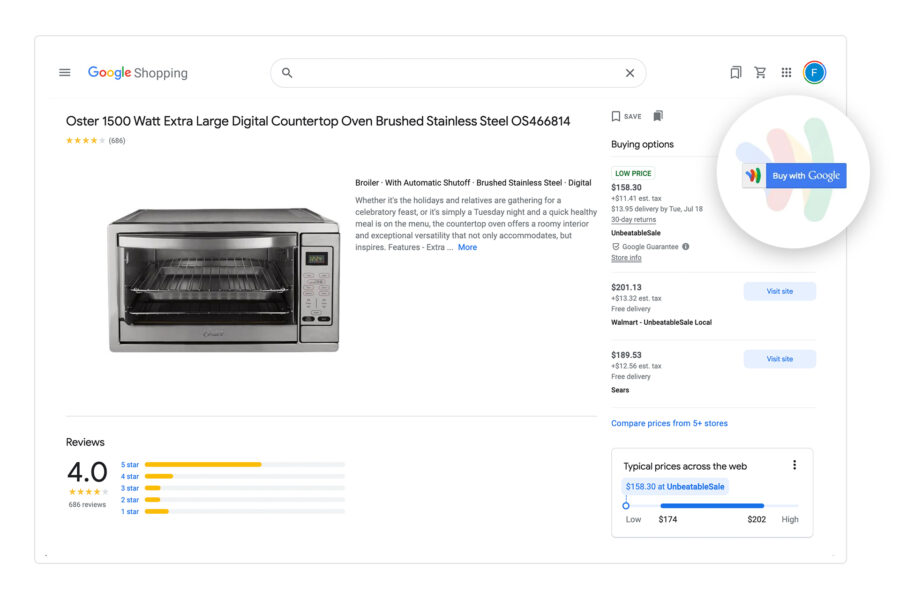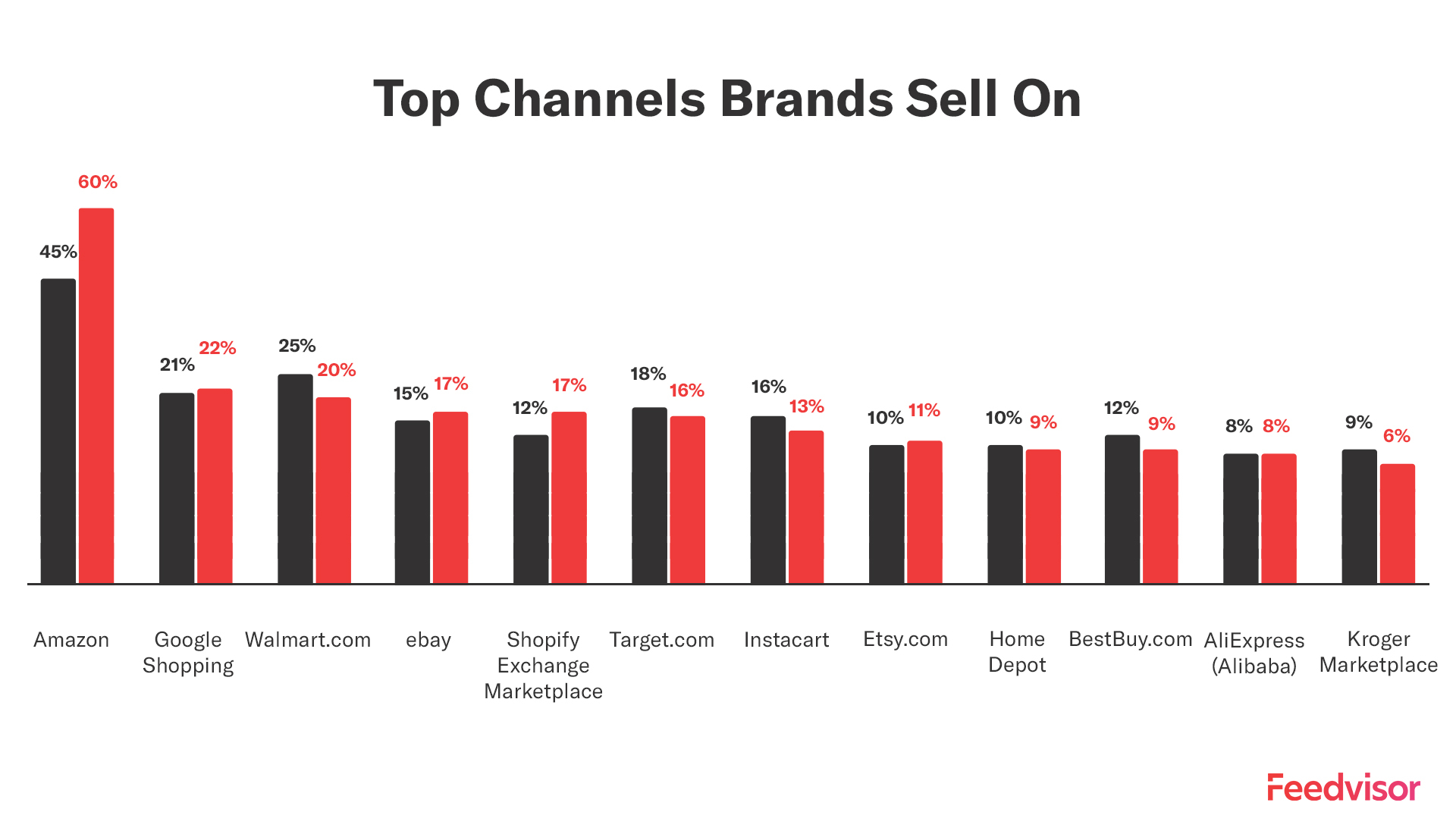Resources - Blog
The Demise of Google’s Shopping Marketplace and its Implications for Retailers

In a surprising move that sent shockwaves across the e-commerce landscape, Google recently announced the discontinuation of its shopping marketplace. The platform, which allowed retailers to sell their products directly on Google, had the potential to be a formidable rival to established players like Amazon, Walmart, and Target. In this blog post, we will explore the reasons behind Google’s decision and discuss the implications for retailers who now rely on other marketplaces for their online sales.
The Rise and Fall of Google’s Shopping Marketplace
Google’s foray into the e-commerce space was aimed at providing users with a seamless shopping experience directly from search results. The shopping marketplace debuting in 2018, allowed retailers to list their products, display pricing information, and even facilitated transactions, all within the Google ecosystem. This integration made it an attractive option for retailers looking to reach a vast audience and capitalize on Google’s extensive user base.
However, despite its potential, Google’s shopping marketplace failed to gain significant traction in the highly competitive e-commerce market, even after actively recruiting and obtaining 8,000 sellers in 2020. Retailers faced challenges such as limited visibility for their products, low conversion rates, and a lack of user trust compared to more established platforms. As a result, Google struggled to attract a critical mass of sellers and buyers necessary for the marketplace to thrive.
Their latest move signifies a return to their origins as a shopping search engine, prioritizing users’ ability to explore and discover the finest products, values, and sellers, seamlessly connecting them to the desired sellers.
Implications for Retailers Selling on Other Marketplaces
Google currently plays a vital role in the channel mixes of retailers, as 22% of them currently employ it as part of their e-commerce strategy, and an additional 17% have plans to integrate it this year.

However, the recent removal of Google Shopping introduces several implications that retailers need to consider as they adjust their strategies:
Increased Competition:
With Google’s exit from the shopping marketplace scene, the competition among existing players like Amazon, Walmart, and Target is likely to intensify. These giants already dominate the e-commerce landscape, and their market share will likely grow even further. Retailers will need to be strategic in their approach and find ways to differentiate themselves to stay competitive in this crowded marketplace. Advertising and pricing strategies will need to resonant with consumers, while still creating a profit. This is where Feedvisor’s optimization and intelligence platform can really help. Try our platform free, for 14 days.
Enhanced Focus on Other Marketplaces:
With Google’s shopping marketplace shutting down, retailers who were previously active on the platform will need to redirect their efforts towards other online marketplaces. Platforms like Amazon, Walmart, and Target will become even more crucial for their online sales. Retailers will need to optimize their presence on these platforms, invest in marketing strategies, and adapt to the unique requirements and algorithms of each marketplace to maximize their sales potential.
Potential Benefits for Existing Marketplaces:
The absence of Google’s shopping marketplace could present an opportunity for existing marketplaces to enhance their offerings and attract a larger share of retailers and consumers. These platforms may introduce new features, improve seller tools, or offer more favorable terms to entice retailers who previously split their efforts between Google and other marketplaces. Retailers should stay vigilant and capitalize on any new developments or advantages offered by these platforms.
Diversification and Multi-Channel Approach:
The demise of Google’s shopping marketplace underscores the importance of diversification for retailers. Relying solely on one platform for online sales can be risky, as unforeseen changes or discontinuations can significantly impact a business. Retailers should consider adopting a multi-channel approach, spreading their presence across multiple marketplaces, social media platforms, and their own e-commerce websites. This diversification helps mitigate risks, reach wider audiences, and maintain control over their sales channels.
Final Thoughts
Google’s decision to discontinue its shopping marketplace signifies the challenges faced by the search giant in establishing itself as a major player in the e-commerce space. While this move may come as a disappointment to some retailers, it presents an opportunity for other established marketplaces to solidify their positions. Retailers should focus on optimizing their presence on platforms like Amazon, Walmart, and Target, while also exploring new channels and maintaining a diversified approach to online sales.
By adapting to the evolving e-commerce landscape, retailers can thrive and succeed in this ever-changing digital marketplace. Feedvisor is the partner that retailers can rely on to navigate these implications and optimize their performance in the absence of Google Shopping. Try our Amazon advertising, repricing, or both platforms for free today.
